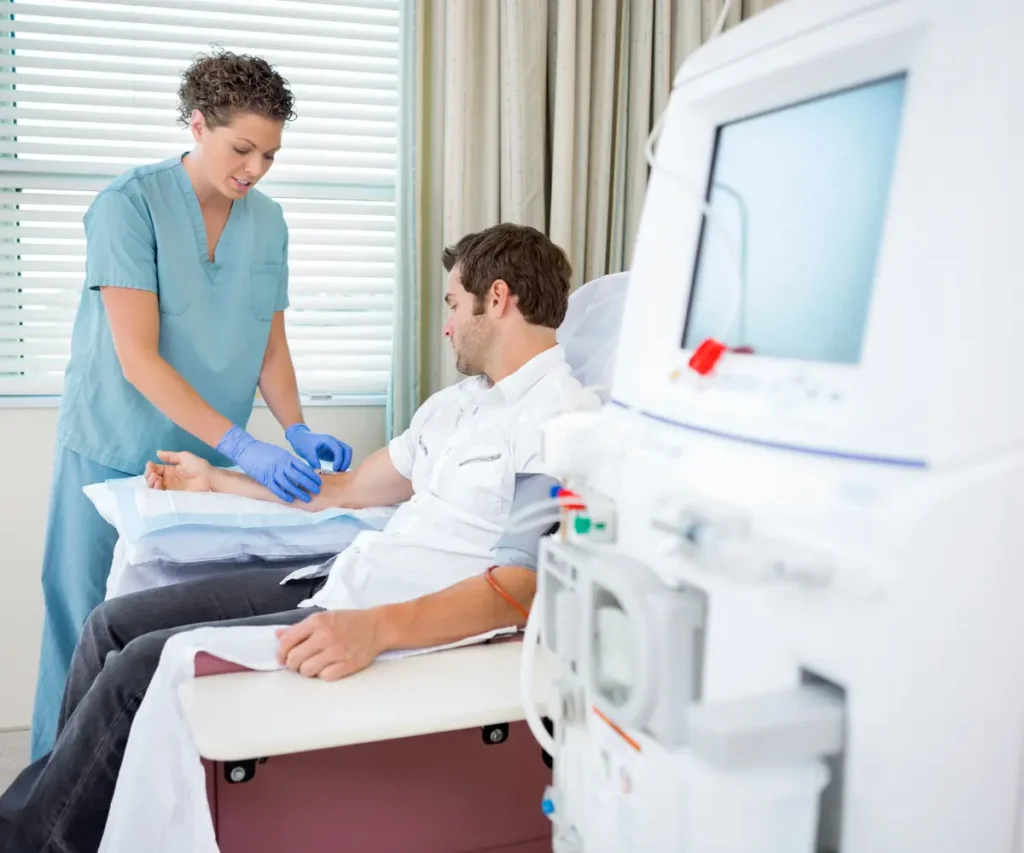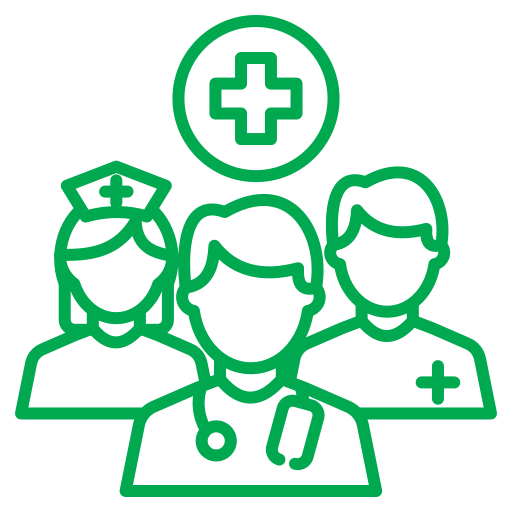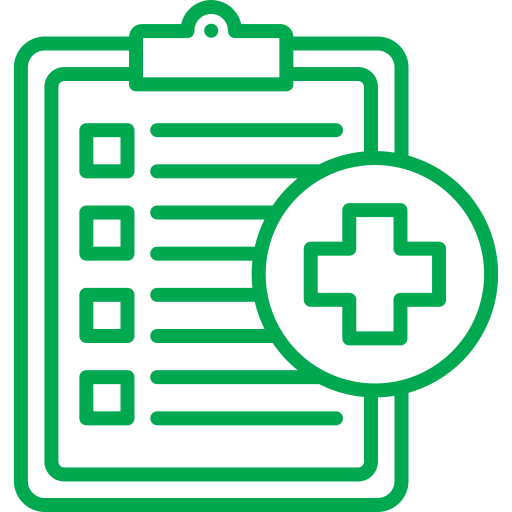End Stage Renal Disease
Comprehensive End Stage Renal Disease Management
Expert care to slow progression, improve quality of life, and support kidney health.

Effective Management of End Stage Renal Disease
Southern Oklahoma Kidney Center specializes in the management of End-Stage Renal Disease (ESRD), providing comprehensive care and support for patients requiring dialysis or kidney transplantation. Our goal is to enhance quality of life through personalized treatment plans and ongoing medical guidance.
Recognizing the Symptoms of End-Stage Renal Disease
- Fatigue and weakness
- Swelling in the legs, ankles, or face
- Recognizing the Symptoms of End-Stage Renal Disease
- Little to no urine output
- Muscle cramps and trouble sleeping
Get Started with End-Stage Renal Disease Management
Take Control of Your Kidney Health Today
Early detection and proper management can make a significant difference in your kidney health. Schedule an appointment with our specialists and get the expert care you deserve.
Services We Provide
- Management of acute kidney injury
- Chronic kidney disease management
- Diabetic kidney disease
- End-Stage Renal Disease (ESRD) Care & Dialysis Support
- Management of glomerular diseases
- Home Hemodialysis
- Home Peritoneal Hemodialysis
- Hypertension Diagnosis & Management
- Kidney Stone (Nephrolithiasis) Management
- Kidney Transplant Patient Care
Need Any Help?
580-223-8614
We’re Here to Help
What is End-Stage Renal Disease?
The last stage of chronic kidney disease, known as end-stage renal disease, is when the kidneys almost completely stop functioning. This disorder causes serious health issues by impairing the body’s ability to eliminate waste and extra fluid. If therapy is not received, it may be fatal.
What Signs Indicate End-Stage Kidney Disease?
As kidney function deteriorates, end-stage kidney disease symptoms appear gradually. Typical indicators include:
- Extreme weakness and exhaustion
- Breathlessness
- Leg, ankle, or facial swelling
- Sustained nausea and vomiting
- Leg restlessness and cramping muscles
- Modifications to urinary habits
- Mental perplexity or trouble focusing
If these symptoms appear, consulting a kidney specialist is crucial for early intervention.
Which End-Stage Renal Disease Treatments Are Available?
Various strategies are used to manage end-stage renal disease treatment, depending on the needs of each patient. The primary forms of treatment consist of:
- Dialysis: This procedure helps to rid the blood of toxins, waste, and extra fluid. Generally, there are two types:
- Hemodialysis: A machine filters blood outside the body.
- Peritoneal Dialysis: The body’s peritoneal membrane filters waste inside the abdomen.
- Kidney Transplant: During a kidney transplant surgery, the diseased kidney is replaced with a healthy kidney from a kidney donor. This method provides better long-term outcomes than dialysis.
A renal replacement therapy plan is necessary to manage the condition and improve the quality of life.
How Can Modifications to Lifestyle Aid in Kidney Health?
A healthy lifestyle can promote general well-being and decrease the progression of renal disease. Important modifications include:
- Keeping to a Kidney Diet: A diet with sodium restriction and potassium restriction helps manage fluid balance.
- Blood Pressure Control: Lowering high blood pressure eases strain on the kidneys.
- Managing Diabetes: The risk of kidney injury is reduced when blood sugar levels are properly managed.
- Frequent Medical Checkups: Frequent trips to a nephrology clinic aid in the monitoring of kidney function and the modification of treatment plans.
Why Trust Us for End-Stage Renal Disease Management?

Expert Nephrologists
Our team of experienced kidney specialists provides advanced and compassionate care tailored to your needs.

State-of-the-Art Facilities
Our advanced diagnostic tools and cutting-edge treatments ensure accurate monitoring and the best possible care.

Comprehensive Support & Education
From dietary guidance to lifestyle modifications, we equip you with the knowledge and resources to manage CKD effectively.

Personalized Treatment
Plans
We create customized care strategies based on your specific stage of CKD to help slow progression and improve quality of life.
When To See a Kidney Specialist?
If you have polycystic kidney disease, diabetes, or hypertension, it is imperative that you see a kidney expert frequently. Early detection and treatment can prevent issues and slow the decrease of renal function.
If you or a loved one are experiencing symptoms of end-stage renal disease, seeking medical guidance is essential. Contact South Oklahoma Kidney Center to explore your treatment options and get expert care tailored to your needs.
